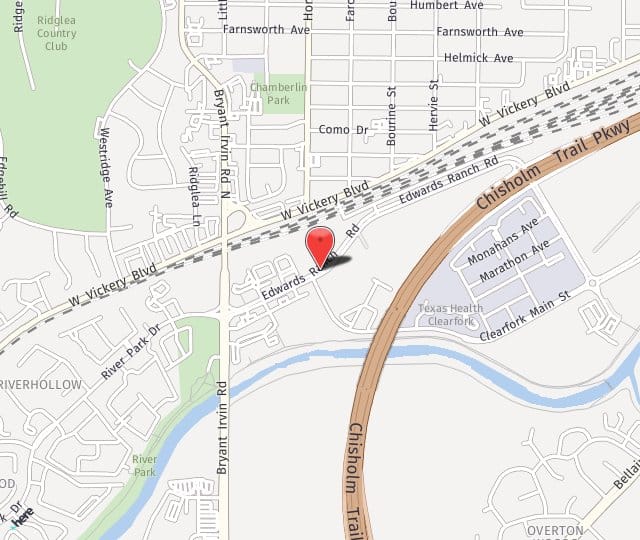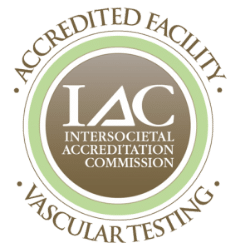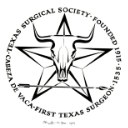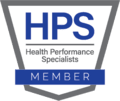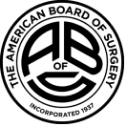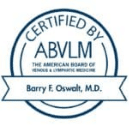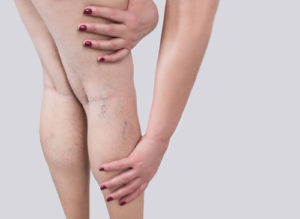
What Happens With Vein Disease
Your veins are essential in delivering oxygen and nutrient-rich blood to your organs. When your veins are diseased, it significantly hampers your blood flow, limiting your body’s ability to move critical nutrients. Also, weakened veins can cause blood to flow in reverse, down to the legs, causing additional swelling. Vein disease can also cause other symptoms, such as
- Discomfort
- Itching
- Changes in skin color
- Burning
- and others
Contributing Factors to Vein Disease
Many cases of compromised vein health can come from the natural aging process. As we age, our veins naturally weaken, compromising blood flow and causing varicose veins. But other factors can accelerate the process. For instance, nicotine, a chemical commonly found in cigarettes, is notorious for compromising vein health. Smoking can cause your veins to narrow and weaken, compromising blood flow and putting strain on your heart. But quitting smoking can help reduce some of these effects.
Also, if you work in a job that requires you to be on your feet constantly, it may increase the likelihood of developing vein disease. You can work to reduce this possibility by having intervals of sitting and raising your legs. If you’re in the opposite situation and perform a sedentary job, you can help yourself by standing throughout the day and moving around to keep blood from becoming stagnant.
Other contributing factors to vein disease include:
- Family history
- Obesity
- Pregnancy
- Leg injuries
- Blood clots
If you have questions about treating your veins, our office can help. Please schedule a consultation with us so that we can find a treatment that can help you. Contact us today by calling 817-536-9600.

